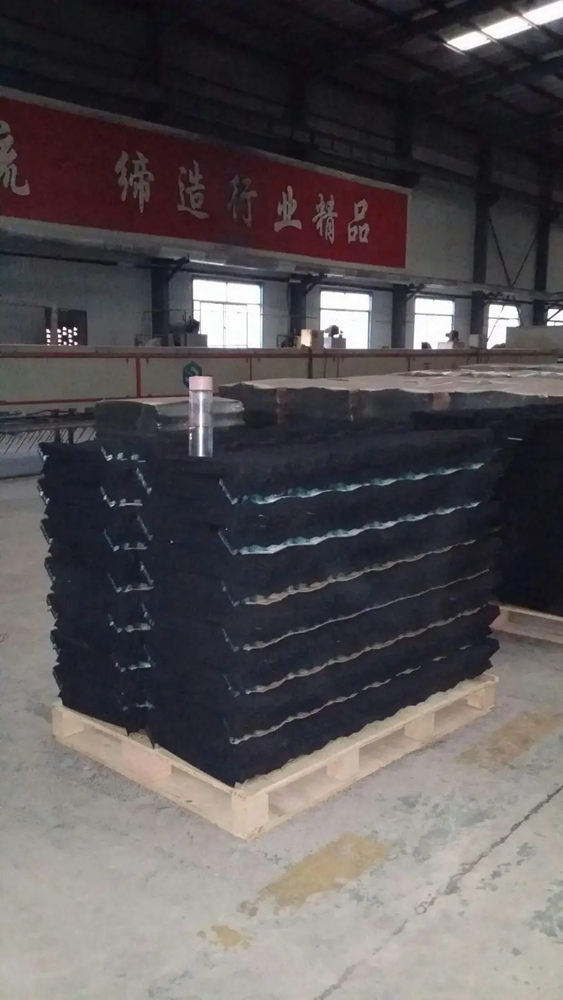
Understanding Round Pipe Roll Forming Machines A Comprehensive Overview
Round pipe roll forming machines play an essential role in the manufacturing industry, providing an efficient and precise method for creating round pipes from steel or other materials. These machines utilize advanced technology and engineering principles to shape materials into desired forms, making them indispensable in various applications, including construction, automotive, and furniture manufacturing.
The Process of Roll Forming
The roll forming process involves passing a continuous strip of material through a series of rollers, each designed to progressively shape the strip into a specific cross-section. In the case of round pipes, the initial flat strip goes through multiple sets of rollers that gradually bend and shape the material into a circular form. This method offers several advantages over traditional pipe manufacturing techniques, such as reduced material wastage, enhanced structural integrity, and the ability to create long lengths of pipe without joints.
Key Components of a Round Pipe Roll Forming Machine
A typical round pipe roll forming machine consists of several critical components. These include
1. Feeding System This system ensures a steady supply of material to the rollers. It usually consists of a material holder and a guide mechanism that aligns the strip correctly for shaping.
2. Rollers The rollers are perhaps the most critical parts of the machinery. They are designed with specific profiles to gradually shape the strip into a round pipe. The configuration and number of rollers can vary depending on the desired pipe diameter and wall thickness.
3. Cutting System After the pipe is formed, it needs to be cut to the desired length. Many machines feature an integrated cutting system, often equipped with saw blades or shearing mechanisms, to ensure smooth and accurate cuts.

4. Control Panel Modern machines come with sophisticated control systems that allow operators to monitor and adjust various parameters, such as speed, temperature, and pressure. These controls enhance the production efficiency and quality of the final product.
5. Support Equipment Additional equipment, such as welding machines or inspection systems, may be included to enhance the capabilities of the roll forming machine, facilitating the creation of complex pipe designs or ensuring quality control.
Applications of Round Pipe Roll Forming Machines
Round pipe roll forming machines are utilized in a wide range of industries. In construction, for example, they are used to produce structural piping and HVAC systems. In the automotive industry, they create exhaust pipes and other components that require precise shapes and dimensions. Furthermore, furniture manufacturers use these machines to produce tubular frames, enhancing both strength and aesthetic appeal.
Benefits of Using Round Pipe Roll Forming Machines
The advantages of using round pipe roll forming machines are profound. First and foremost, they allow for high levels of automation, significantly reducing labor costs and production times. Additionally, the precision of the roll forming process ensures that the pipes produced meet stringent quality standards, often exceeding those achievable with traditional manufacturing methods. Finally, these machines can be easily adapted for different materials and pipe specifications, providing manufacturers with the flexibility they need to respond to market demands.
Conclusion
In summary, round pipe roll forming machines represent a vital technology in modern manufacturing. Their ability to produce high-quality pipes efficiently and accurately makes them essential across various industries. As technology continues to advance, these machines will likely evolve further, enhancing their capabilities and ensuring they remain a cornerstone of pipe production for years to come.